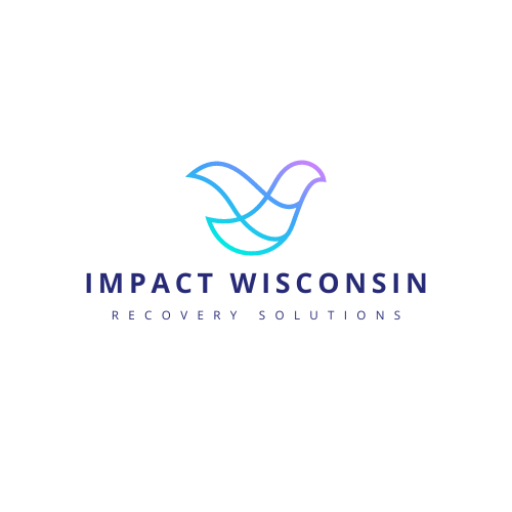
Medication-Assisted Treatment (MAT) for the Peer Support Professional
Introduction
Medication-assisted treatment (MAT) is a combination of medication and counseling for the treatment of substance use disorders. MAT is a safe and effective treatment for opioid use disorder (OUD), and it can also be used to treat other substance use disorders, such as alcohol use disorder and cocaine use disorder.
MAT works by reducing cravings and withdrawal symptoms, which can make it easier for people to stay in treatment and achieve recovery. MAT is also effective in reducing the risk of overdose and death.
Peer support professionals can play a vital role in the delivery of MAT. Peer support professionals are individuals who have lived experience with substance use disorders and have recovered. They can provide support and encouragement to people in treatment, and they can help people to understand and navigate the MAT process.
What is MAT?
MAT is a combination of medication and counseling for the treatment of substance use disorders. The medication is used to reduce cravings and withdrawal symptoms, and the counseling is used to help people address the underlying issues that led to their substance use disorder.
There are three FDA-approved medications for the treatment of OUD: methadone, buprenorphine, and naltrexone. Methadone and buprenorphine are both opioids, but they are different from the opioids that people use to get high. These medications work by binding to the same opioid receptors in the brain, but they do not produce a high. Naltrexone is not an opioid, and it works by blocking the effects of opioids.
MAT is a safe and effective treatment for OUD. Studies have shown that MAT can reduce cravings, withdrawal symptoms, and the risk of relapse. MAT can also help people to improve their physical and mental health, and it can help them to get back to work and school.
What is the role of the peer support professional in MAT?
Peer support professionals can play a vital role in the delivery of MAT. Peer support professionals are individuals who have lived experience with substance use disorders and have recovered. They can provide support and encouragement to people in treatment, and they can help people to understand and navigate the MAT process.
Peer support professionals can help people to:
- Understand their substance use disorder
- Develop coping skills
- Build a support network
- Access resources
- Advocate for themselves
Peer support professionals can also help to reduce stigma and discrimination associated with substance use disorders
Conclusion
MAT is a safe and effective treatment for OUD, and it can also be used to treat other substance use disorders. Peer support professionals can play a vital role in the delivery of MAT. Peer support professionals can provide support and encouragement to people in treatment, and they can help people to understand and navigate the MAT process.
